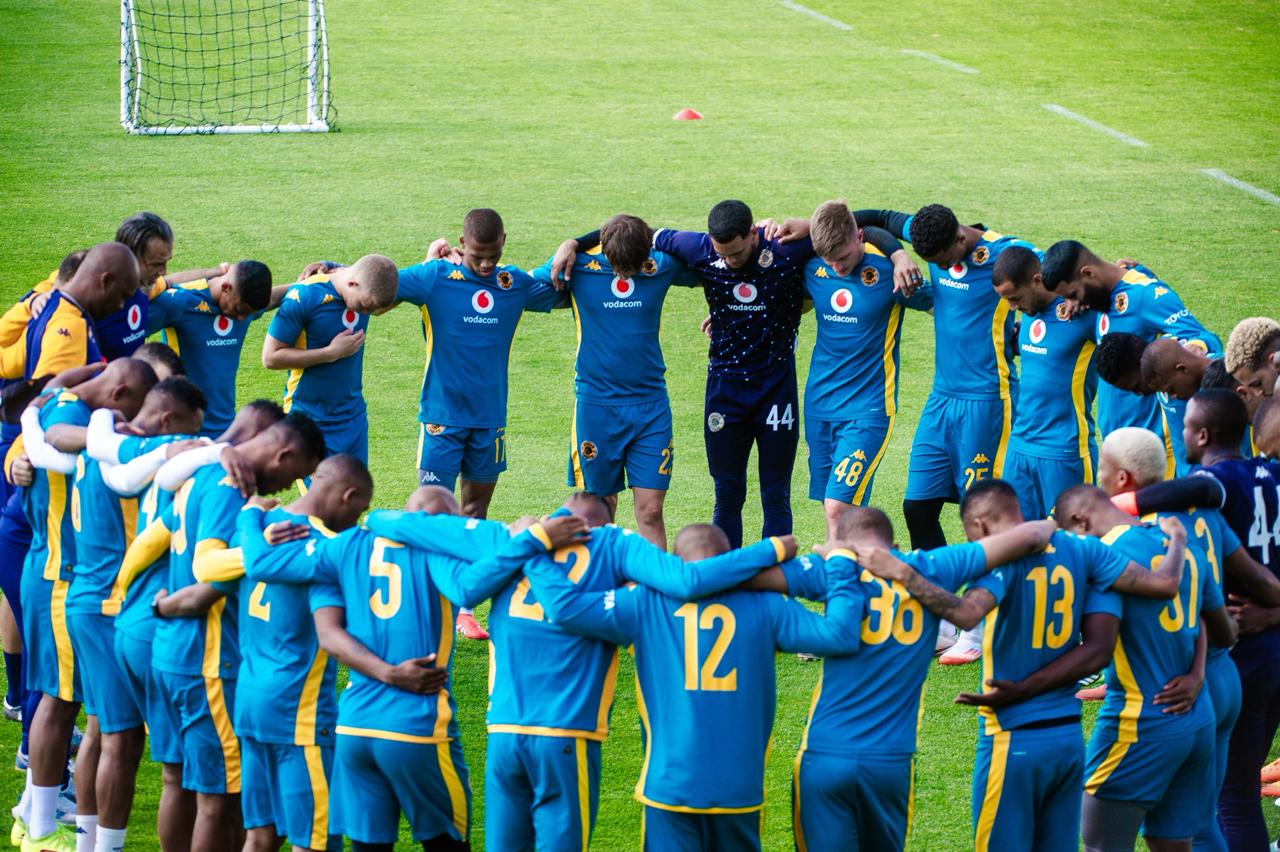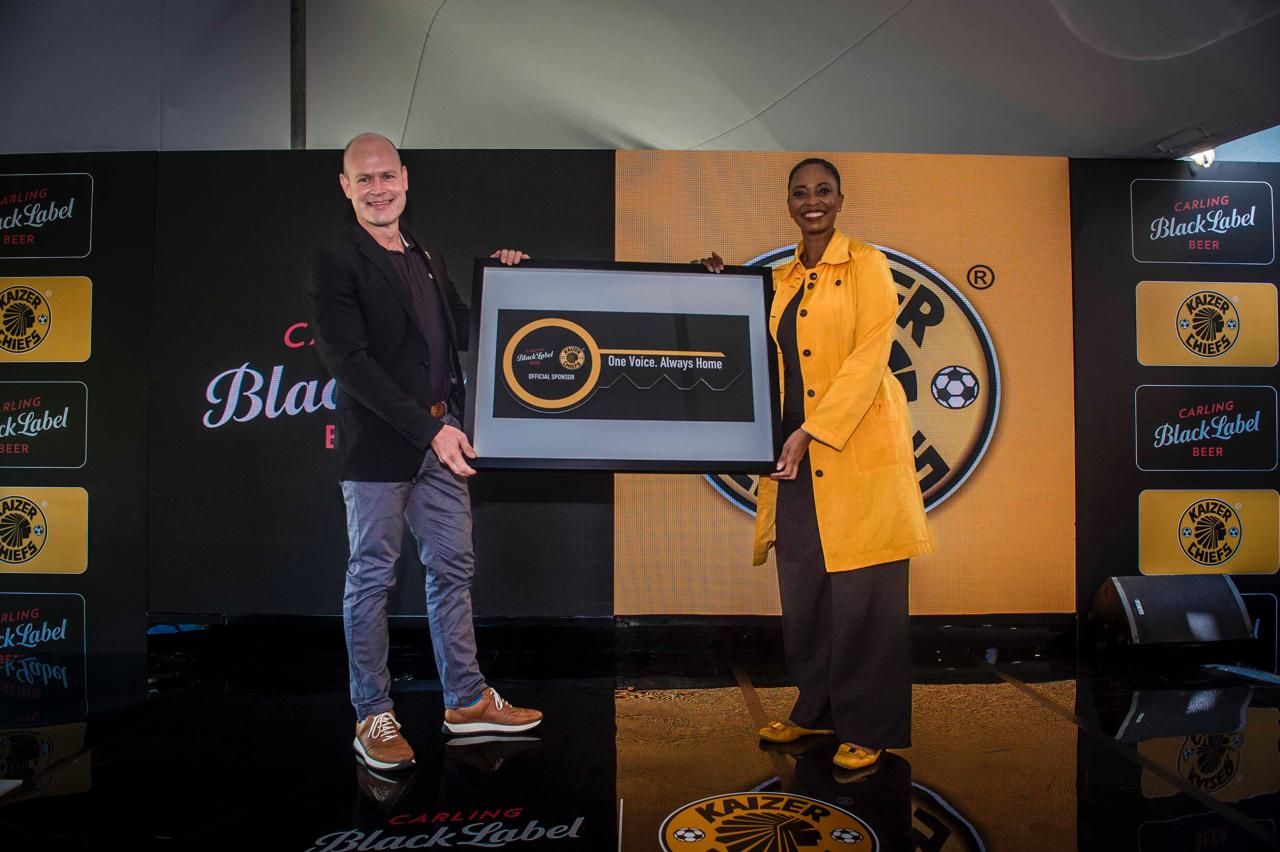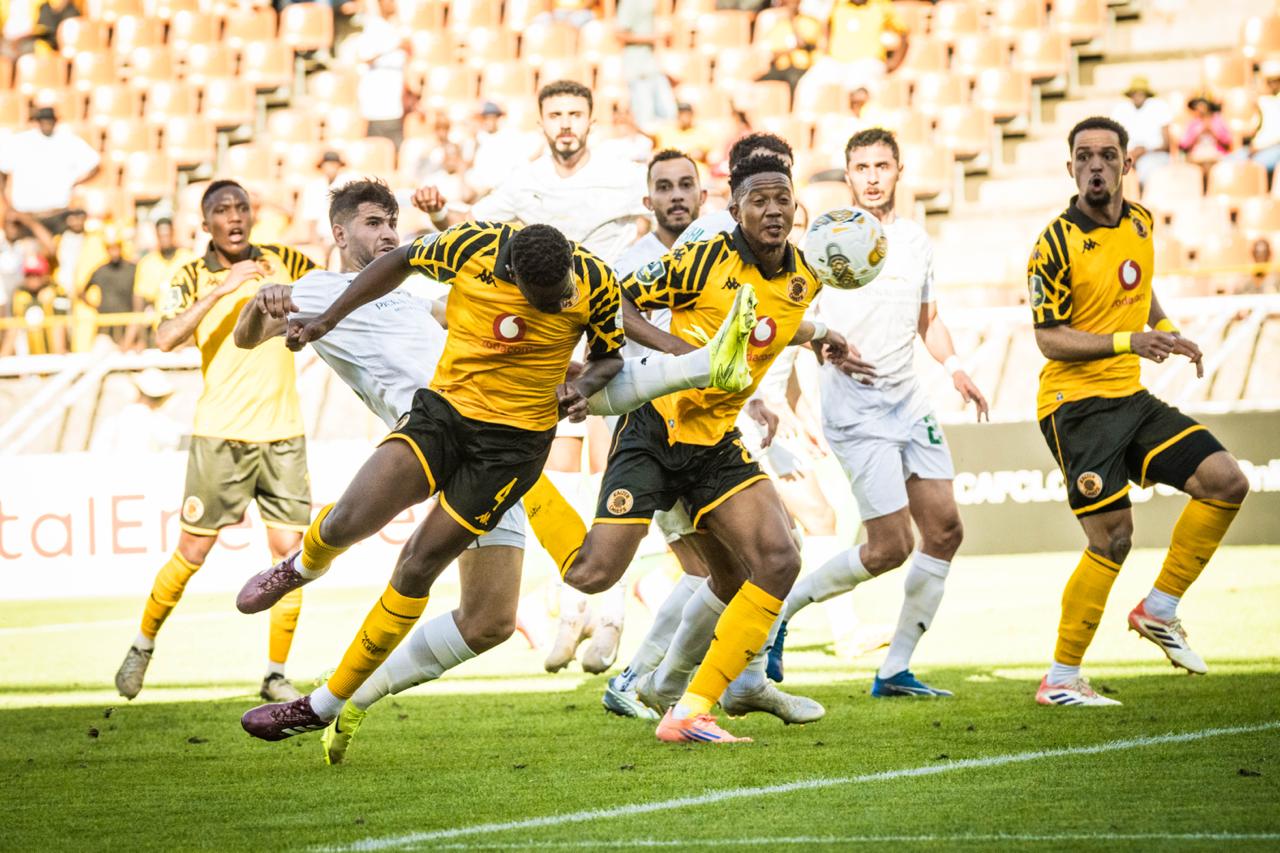Posted in News on Oct 11, 2005.
As I continue to talk to him - I gauge that money and power are not all important to him, as he begins to spell out his vision at the site that now stands empty with new fields been laid in what can only be described as strategic location between the FNB Stadium and Soweto.
Furthermore, as he speaks one can only listen in awe as he tells you that the English Premier League, of which he is the chairman, has every game televised live to 195 countries in the world and has a global audience per game of 880 million people, which is astounding to say the least.
The man in question is the Chairman of the English Premier League Mr. Dave Richards. Mr Dave Richards paid a visit to South Africa as well as special visit to Chiefs last week.
We had the opportunity to talk about his idea of bringing the highly successful Premiership in the community programme from England and adapting it together with various PSL clubs into a South African context.
Yusuf Muhammad: Briefly describe your mission for coming to South Africa and the objective you wish to achieve out of this visit?
Dave Richards: Firstly we are here to help the PSL become as successful as the English Premier League has become in all aspects as a brand, an exciting league and also a league that can find the time to help put back to the people who have made the league what it is that is the community.
YM: Explain to us why you feel that your community projects are so important and could you give us examples of how they have been able to make a difference in the community?
Dave Richards: As people who interact with so many fans during a game and are looked at upon by so many people as role models - I feel that soccer players have been placed in a very favourable position.
Down the years we have had projects in various communities that deal with social issues affecting peoples daily life.
The way we have tackled issues has been two fold. We divide them into soccer and non-soccer.
On the soccer front we have seen to it that we assist in the development of the game by building soccer fields in outlaying areas as well as maintaining these and seeing that they are correctly used.
To be precise since the inception of the Premier League in 1993 we have constructed 8 000 pitches around Great Britain, with our sponsors McDonalds we have been able to implement a community based coaching course for coaches across the board and up to now over 10 000 coaches have been through this programme.
Away from soccer we get involved in issues such as domestic violence, literacy programmes as well as social acceptance programmes.
YM: After the London bombings on July 7th this year, it was said that this incident demonstrated how socially, culturally and religiously divided the United Kingdom was. How has the Premier League got involved to try and get people of different cultures and religions to break down stereotypes and other barriers?
DR: This was a very sensitive time in England and the United Kingdom in general. It did highlight certain religious and cultural barriers, which we thought did not exist in our country.
As you know, the bombers were of the Islamic faith and the Premier League has players from all over the globe including Muslim players who follow Islam. Many of these players have done their job in enhancing the profile of the league and their clubs.
Look at El Hadji Diouf of Bolton, Kolo Toure of Arsenal and Ahmed Mido of Tottenham just to name a few are great players as well as good role models. With such players and teams we embarked upon a campaign of zero tolerance on ignorance and went out to promote education and understanding of each other.
The league undertook to better understanding Islam by finding out and understanding the religion better, we took players and officials to mosques and we set out to show that we can all live together if we understand each other better and embrace our differences better.
YM: Are you happy with the way the English Premier League has progressed over the last decade. What do you see happening in the next decade?
DR: You have to look back and say that we have really done a good job.
When we started out in 1993 and changed from the old division one - we faced many challenges. I think because we were interested in the bigger picture the league has been able to grow in the way that it has, in terms of television revenue and gate receipts.
We made the stadiums into luxury Arenas that makes more people want to come to the stadium because our business is entertainment and we need to keep the needs and conveniences of our fans in mind. In the next ten years the league will undergo many changes and I think the opening up of new markets for our games is important as well as keeping ahead of our rivals and remaining innovative. I think that these factors will be the key to keeping us as the number one league in the world.
YM: Who are your rivals and is there a significant gap between you and them, and can you ensure that it grows?
DR: Statistics that we have show that Spain’s Primera Liga, The German Bundesliga and Italian Seri A are neck and neck at the moment.
The two Spain and Germany have made many strides in the last few years and have grown. Spain attracts many of the big names today but we still have the edge.
It is not a small edge but a fairly significant gap and we have ensured that the popularity gap between them and us grows. Like any business you have to watch the progress of your competitors and find ways to keep them at bay.
YM: Finally you have had the opportunity to visit Chiefs the village as well as our proposed new youth academy. What are your impressions of these?
DR: The facilities that Chiefs have can compare with any team in Europe. The facilities are magnificent at the village and I was told that they are being developed further. With regards to your new academy - it is a case of really looking to the future.
The site is huge and I can see that although it needs a lot of work - Chiefs have begun in the correct direction by laying new pitches etc.
The facility when developed should also serve the needs of the nearby community in various ways that we will help Chiefs brainstorm. We have seen the clubs plans and will undertake to assist Chiefs in a myriad of ways to help them turn this into a world class facility.





